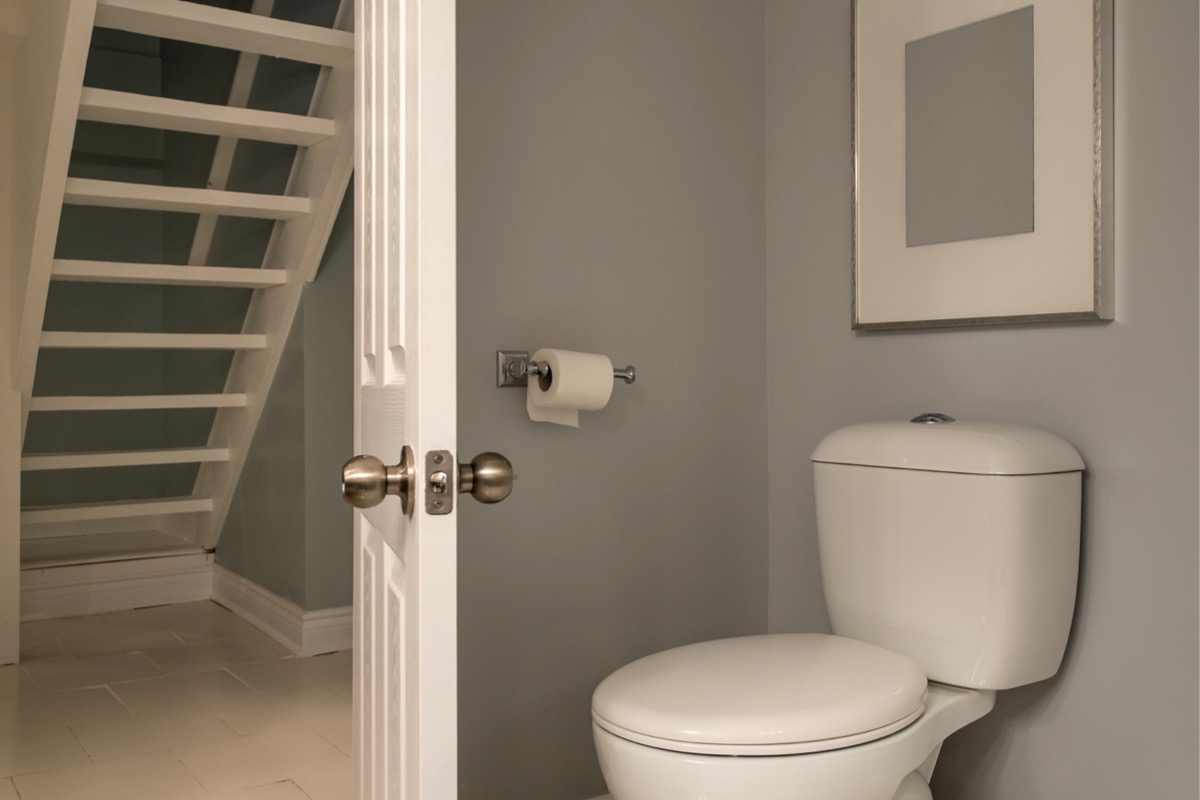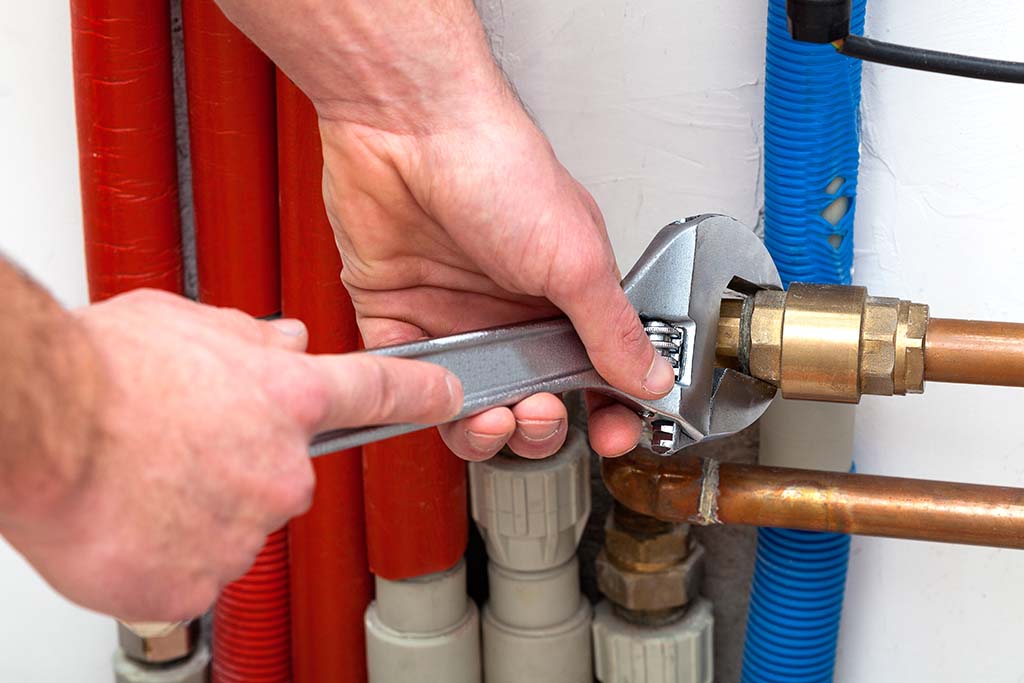Bathroom Plumbing Basics: Top Tips for New Homeowners
Bathroom Plumbing Basics: Top Tips for New Homeowners
Blog Article
How do you feel with regards to General Plumbing Tips for New Homeowners?

For new property owners, understanding and maintaining restroom pipes can conserve both money and time by preventing costly problems down the line. Below are some crucial washroom plumbing tips to help you maintain whatever running smoothly.
Plan For Winter
Shield your pipelines from freezing throughout cold weather by shielding pipes in unheated locations like basements, attic rooms, and garages. Throughout extreme chilly, let cold water drip from taps served by revealed pipes to help prevent cold.
Arrange Regular Upkeep
Consider organizing annual assessments with a qualified plumber. They can spot concerns that you might miss out on, such as covert leaks or deterioration on pipes and components. Regular upkeep assists extend the life of your pipes system and can avoid emergency situations.
Familiarize Yourself with the Key Shut-Off Valve
Understanding where the major water shut-off valve is located in your home is critical. This allows you to swiftly switch off the supply of water in case of significant leakages or during pipes emergency situations, preventing comprehensive water damages.
Routinely Check for Leakages
Little leakages can bring about big issues. Consistently check under sinks, around toilets, and near pipes fixtures for any indications of leakages. Try to find dampness, small drips, or rust. Capturing and fixing leaks early can prevent much more severe damages and conserve water.
Keep Your Water Heater
Ensure your water heater is set to a proper temperature level (commonly about 120 degrees Fahrenheit) to prevent scalding and decrease energy usage. Flush the tank yearly to eliminate debris buildup, which can minimize the performance and lifespan of your heater.
Upgrade Your Components
If your home has older components, think about upgrading to a lot more reliable versions. Modern commodes, showerheads, and taps are designed to use less water while supplying great stress, which can dramatically minimize your water costs and ecological footprint.
Be Cautious with DIY Plumbing Fixes
While it's alluring to take care of all home repairs by yourself, be cautious with plumbing. Some issues could call for expert expertise, specifically if they involve major water lines or sewer repair services. Working with a specialist can in some cases be much more cost-effective than do it yourself, especially if it prevents more damages.
Don't Overlook Slow Drains Pipes
If your sink or bathtub is draining pipes gradually, it's frequently a sign of an obstruction developing. Addressing this very early can protect against a total clog. Utilize a bettor or a plumbing technician's snake to remove debris. Stay clear of making use of chemical drainpipe cleansers as they can harm your pipelines in time.
Know What Not to Flush
Commodes are not garbage disposals. Avoid purging anything aside from toilet tissue and human waste. Items like wipes, womanly hygiene items, and cotton bud should be dealt with in the garbage to avoid blockages and sewer backups.
Set Up Strainers in Drains
Location filters in your sink and bathtub drains to catch hair and other debris prior to they enter your plumbing system. Cleaning up the strainers consistently will assist protect against accumulation and maintain water moving openly.
Final thought
Recognizing and keeping your home's restroom pipes can prevent numerous usual issues. By complying with these important pointers, you can ensure your shower room stays useful and efficient, conserving you money and time over time.
5 Plumbing Tips for First-Time Homeowners
Know How to Shut Off the Water
In most homes, the water can be shut off at two places: at the appliance or fixture itself, and for the whole house. For instance, look under your sink or behind the toilet. See those little knobs that connect with the pipes? Those are the shut off valves for those fixtures. Simply turn them until the water is off. The main shut off valve (which controls water throughout your entire home) will be outside, where the water feeds into the structure. You might need a dedicated tool, such as a water shut-off key, to shut off the water at the main.
Build an Emergency Plumbing Kit
Everyone knows how important it is to have a high-quality plunger around the house. But there are other things that can help you out when issues arise with the pipes. Building an emergency plumbing kit to solve issues on your own is part of any list of basic plumbing tips. Consider adding these things to create a basic plumbing kit:
Adjustable wrench Tongue-and-groove pliers Screwdrivers Plumber’s tape Pipe sealant Duct tape Set of hex keys Clip light for working under cabinets Auger and hand snake Do a Little Research
Many small leaks can be handled by replacing a small part of the piping system, tightening part of a faucet, or even changing out an aerator. Take the time to browse how-to articles for common plumbing problems, such as a running toilet or slow-draining sink. You might be surprised to find how easy it can be to do simple things yourself, like replace a valve in the back of the toilet.
Keep it Simple With No Chemicals
If you have a clog, you might be tempted by the promises of liquid drain cleaner. While this might work at first, it actually causes more damage deep in the pipes, eventually creating even more problems down the road.
Instead, try using baking soda and vinegar to create a strong fizzing effect that can help break up clogs and clear gunk from drains. Follow it with boiling water to clean the pipes even more thoroughly.
Take Care of Your Garbage Disposal
Be cautious about what you put down the disposal. Avoid pouring in fats, oils, and grease, as these are a surefire way to get a clog. Beware of certain foods too, such as celery or bones, as they can lodge in the works. Always run the disposal with water flowing.
https://modernize.com/homeowner-resources/other/10-plumbing-tips-for-first-time-homeowners

Call Today Report this page